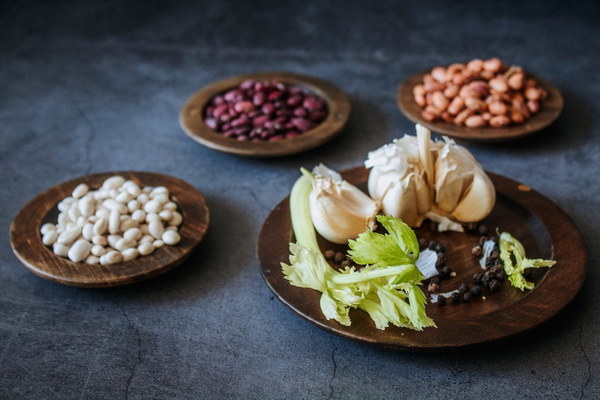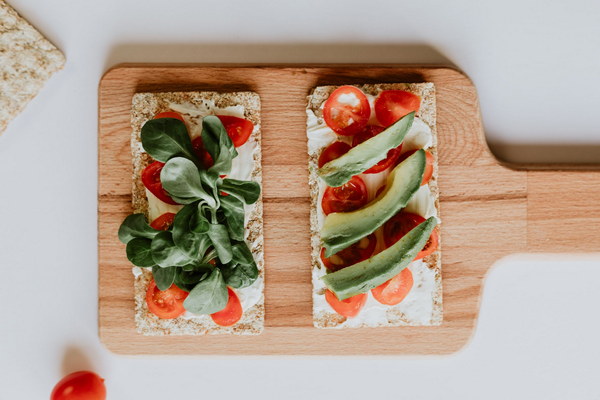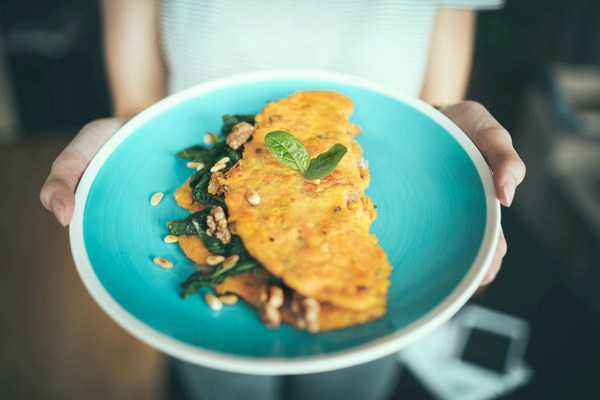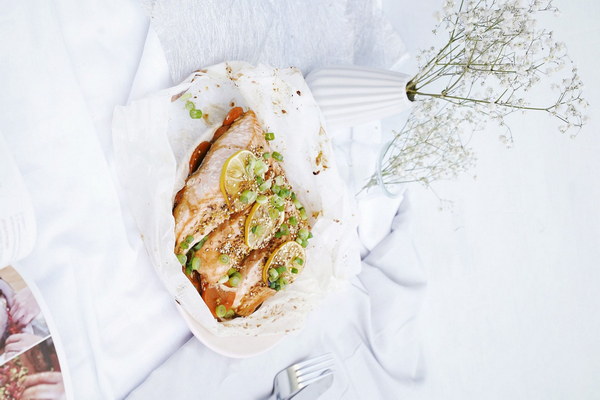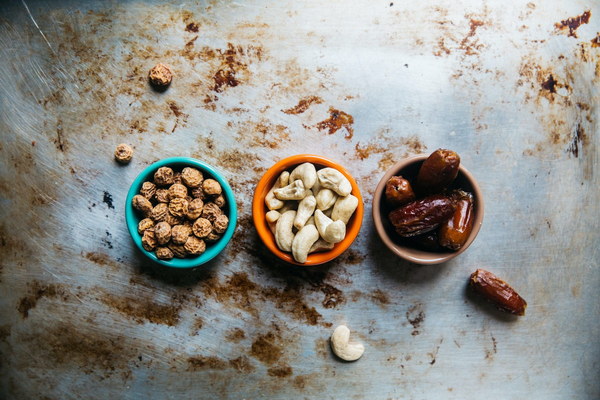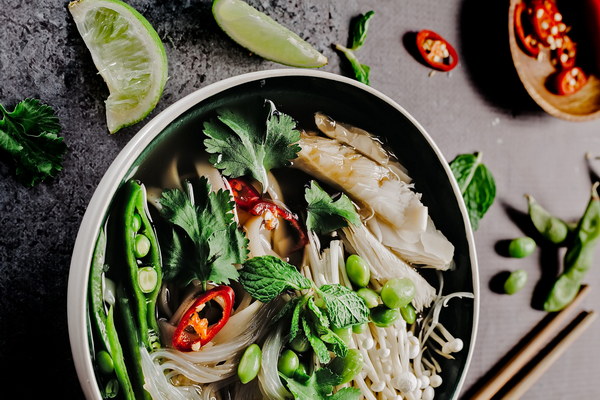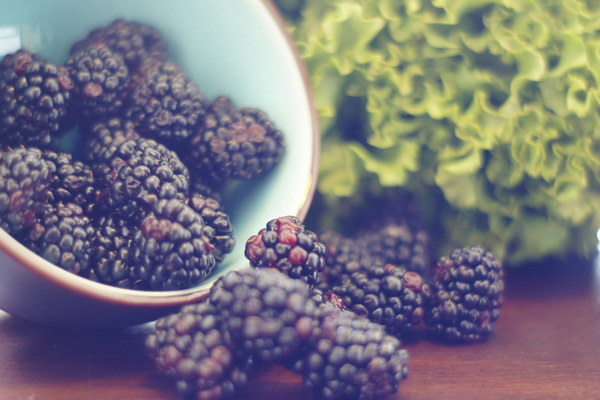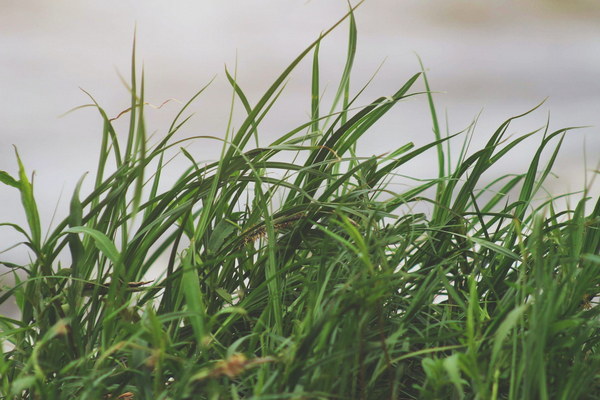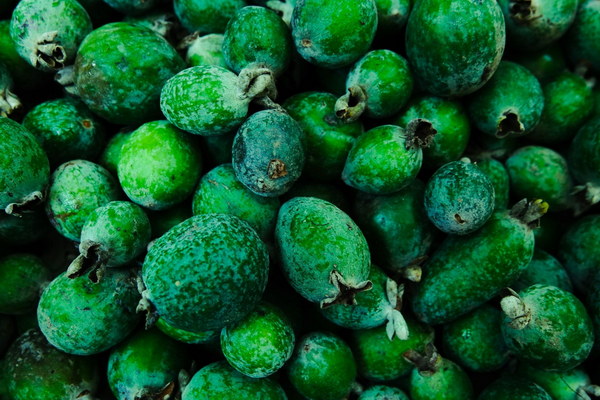Revitalize Your Scalp A Nutritional Approach to Oily Hair Treatment
Introduction:
Oily hair can be a source of frustration for many individuals, as it can lead to an unappealing appearance and can be difficult to manage. While there are numerous hair care products available in the market, incorporating a nutritious diet can also play a significant role in managing oily hair. This article will discuss the benefits of certain foods and nutrients that can help combat oily hair and promote a healthier scalp.
1. Essential Fatty Acids
Essential fatty acids (EFAs) are crucial for maintaining the health of your scalp and hair. Foods rich in omega-3 and omega-6 fatty acids can help to regulate oil production and reduce the excess oiliness of your hair.
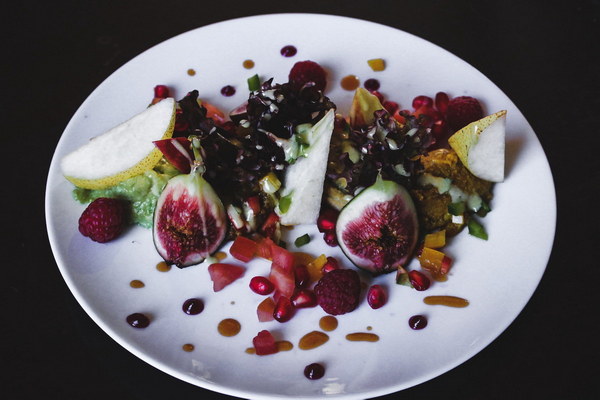
a. Fish: Consuming fatty fish such as salmon, mackerel, and sardines can provide a good source of omega-3 fatty acids. These fish can be prepared in various ways, including grilling, baking, or even as fish oil supplements.
b. Flaxseeds: Flaxseeds are an excellent source of omega-3 fatty acids. You can add them to smoothies, yogurt, or sprinkle them over salads for a healthy boost.
c. Chia Seeds: Similar to flaxseeds, chia seeds are also high in omega-3 fatty acids and can be sprinkled on various dishes or consumed as a snack.
d. Walnuts: Walnuts are a great source of omega-3 fatty acids and can be added to salads, yogurt, or as a healthy snack.
2. Zinc
Zinc is a vital mineral that plays a role in hair growth and sebum production. Consuming foods rich in zinc can help regulate oil production and improve hair health.
a. Nuts: Almonds, cashews, and peanuts are all good sources of zinc. You can enjoy them as a snack or incorporate them into your meals.
b. Seeds: Pumpkin seeds, sunflower seeds, and sesame seeds are also rich in zinc and can be sprinkled on salads, added to yogurt, or enjoyed as a snack.
c. Legumes: Beans, lentils, and chickpeas are great sources of zinc and can be added to soups, salads, or curries.
3. Biotin
Biotin, also known as vitamin B7, is essential for hair growth and can help improve hair texture. Foods rich in biotin can help combat oily hair and promote healthier hair growth.
a. Eggs: Eggs are an excellent source of biotin and can be prepared in various ways, such as boiled, scrambled, or poached.
b. Avocado: Avocado is not only rich in healthy fats but also provides a good amount of biotin. You can consume it as a salad topping, spread on toast, or in smoothies.
c. Nuts: Almonds, walnuts, and peanuts are also rich in biotin and can be enjoyed as a snack or added to dishes.
4. Probiotics
Probiotics are beneficial bacteria that can help maintain a healthy scalp and reduce oil production. Incorporating probiotics into your diet can help combat oily hair.
a. Yogurt: Greek yogurt is a great source of probiotics and can be consumed as a snack or added to smoothies and desserts.
b. Sauerkraut: This fermented cabbage dish is rich in probiotics and can be enjoyed as a side dish or added to sandwiches.
c. Kefir: Kefir is a fermented milk drink that contains probiotics and can be consumed as a refreshing beverage or added to smoothies.
Conclusion:
Incorporating a nutritious diet can play a significant role in managing oily hair and promoting a healthier scalp. By incorporating foods rich in essential fatty acids, zinc, biotin, and probiotics into your diet, you can help regulate oil production and improve the overall health of your hair. Remember to maintain a balanced diet and consult with a healthcare professional before making any significant changes to your diet or supplement regimen.
